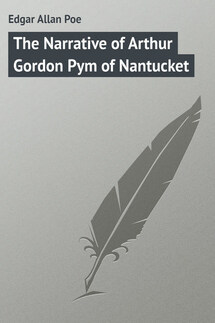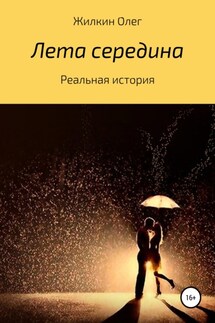Eureka - страница 4
"Now I do not quarrel with these ancients," continues the letter-writer, "so much on account of the transparent frivolity of their logic – which, to be plain, was baseless, worthless and fantastic altogether – as on account of their pompous and infatuate proscription of all other roads to Truth than the two narrow and crooked paths – the one of creeping and the other of crawling – to which, in their ignorant perversity, they have dared to confine the Soul – the Soul which loves nothing so well as to soar in those regions of illimitable intuition which are utterly incognizant of 'path.'
"By the bye, my dear friend, is it not an evidence of the mental slavery entailed upon those bigoted people by their Hogs and Rams, that in spite of the eternal prating of their savans about roads to Truth, none of them fell, even by accident, into what we now so distinctly perceive to be the broadest, the straightest and most available of all mere roads – the great thoroughfare – the majestic highway of the Consistent? Is it not wonderful that they should have failed to deduce from the works of God the vitally momentous consideration that a perfect consistency can be nothing but an absolute truth? How plain – how rapid our progress since the late announcement of this proposition! By its means, investigation has been taken out of the hands of the ground-moles, and given as a duty, rather than as a task, to the true – to the only true thinkers – to the generally-educated men of ardent imagination. These latter – our Keplers – our Laplaces—'speculate'—'theorize'—these are the terms – can you not fancy the shout of scorn with which they would be received by our progenitors, were it possible for them to be looking over my shoulders as I write? The Keplers, I repeat, speculate – theorize – and their theories are merely corrected – reduced – sifted – cleared, little by little, of their chaff of inconsistency – until at length there stands apparent an unencumbered Consistency—a consistency which the most stolid admit – because it is a consistency – to be an absolute and an unquestionable Truth.
"I have often thought, my friend, that it must have puzzled these dogmaticians of a thousand years ago, to determine, even, by which of their two boasted roads it is that the cryptographist attains the solution of the more complicate cyphers – or by which of them Champollion guided mankind to those important and innumerable truths which, for so many centuries, have lain entombed amid the phonetical hieroglyphics of Egypt. In especial, would it not have given these bigots some trouble to determine by which of their two roads was reached the most momentous and sublime of








